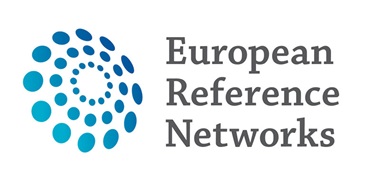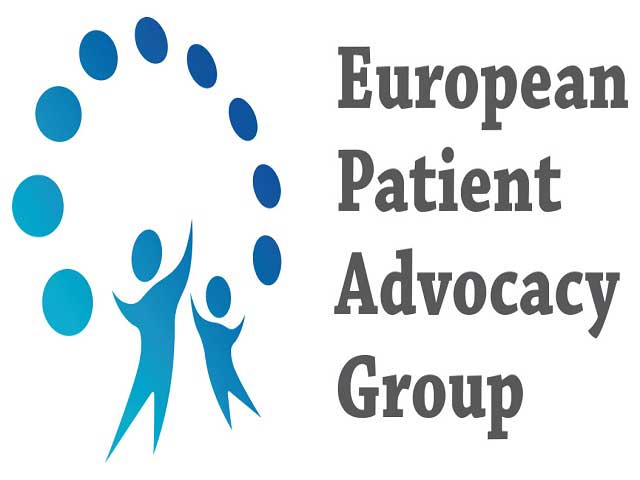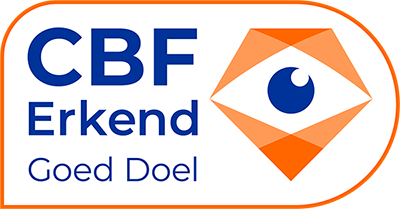Medical diagnosis facts
Major improvements are necessary

During the Eurordis conference in May 2018 Prof. Dr. Manna Alma, she works at the University Medical Center in Groningen (the Netherlands), presented the results of her research on the delay in the field of diagnoses.
Below are a number of topics from her presentation.
According to the European Organization for Rare Diseases Eurordis (www.eurordis.org), in the case of a rare disease in 25% of cases the diagnosis is made between 5 and 30 years. Diagnostic delay not only results in health problems, but also inefficient use of health care facilities and insecurity among patients and relatives.
The duration of diagnostic procedures varies from 0 to 69 years. Below an overview of such processes (duration of diagnosis and percentage):
- 0 – 1 year: 14%
- 1 – 2 years: 9%
- 2 – 5 years: 17%
- 6 – 10 years: 12%
- 11 – 20 years: 14%
- longer than 20 years: 31%
In nearly one third of cases, a diagnosis lasts more than 20 years!
She also conducted research into the number of medical specialists who were visited during the diagnosis trajectory. Below an overview of the number of medical specialists visited and percentage:
- 1 -2: 22%
- 3 – 5: 43%
- 6 – 10: 23%
- 11 – 20: 8%
- more than 20: 5%
It is clear here that making a diagnosis requires a multidisciplinary approach in which the patient is preferably viewed by a whole team of medical specialists during a joint consultation. For example, we apply this in cooperation with the WEVAR team in Rotterdam.
The study also revealed that in 46% of cases an incorrect diagnosis was given and that 56% of the patients had the wrong treatment (such as 59% wrong medication, 58% wrong paramedical care and 21% wrong surgery). These are worrying figures, in particular for the patient and also for the costs of health care. The consequences of faulty diagnosis are 57% physical, 48% mental and 39% other consequences.
The experience of a diagnosis process has also been investigated. The most important findings are:
- Parents do not feel taken seriously (over-anxious parent, incomprehension, sadness, angry and powerless).
- Uncertainty and ignorance (the need is clarity).
- Frustrations (hospital does not have things in order and / or confront each other, incomprehension of the environment).
- Powerless (‘calling in the desert’, ‘roller coaster without steering’).
- Fear and hope (losing child, wrong diagnosis: ‘deep inside you just know that it is not right, but yes that hope always stays’).
The consequences of a diagnostic process should not be underestimated! Various parties are involved in this:
- Parents (fatigue due to struggle, stress, tension, guilt, regret and the impact on partner relationship and social contacts / activities). As a positive, it emerged that the parents had become more assertive and resilient and the empathic capacity had increased.
- Child (physical: unnecessary pain, weakened, decline, developmental delay Mental: fear of hospitals, psychological consequences). Too much of the child’s request. Could have lived an ordinary life. Incomprehension of peers.
- Use of care (less trust in health care professionals and no longer General Practitioners).





